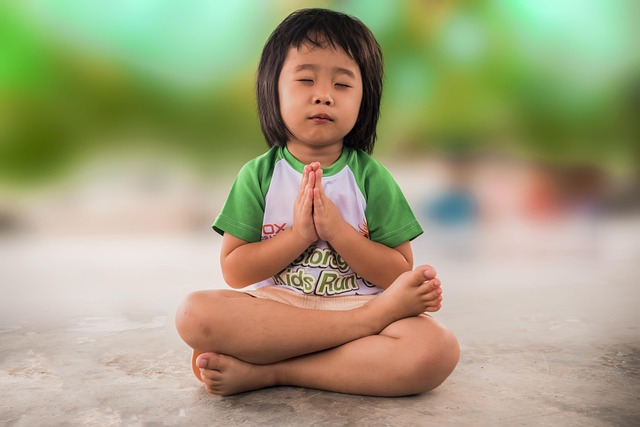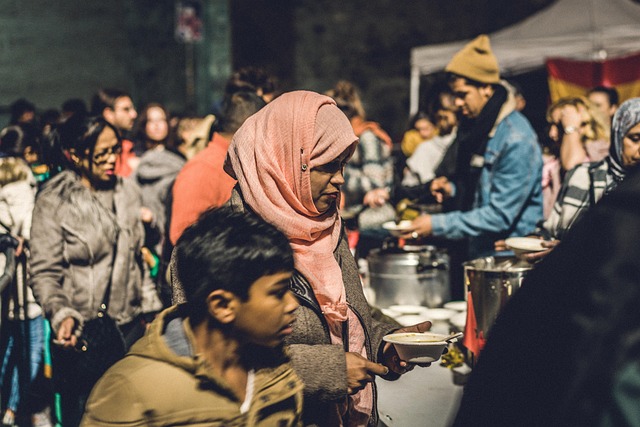In our fast-paced, often divided world, the simple act of sitting together in silence can bridge divides and promote understanding among different religious traditions. Group meditation has emerged as a powerful tool within interfaith communities, allowing individuals from diverse backgrounds to come together, share experiences, and cultivate a deeper sense of connection. Each participant brings their own beliefs and practices, yet through the shared experience of group meditation, these distinctions can become a fascinating tapestry woven together by the threads of mutual respect and understanding.
Group meditation sessions often begin with a moment of reflection, inviting each person to connect with their faith, whatever form it may take. This initial step fosters an atmosphere of acceptance and curiosity. As people meditate, they enter a space that transcends their individual beliefs, focusing instead on a collective intention – be it peace, healing, or gratitude. It is in this collective energy that participants often report a profound sense of belonging and unity.
Different faiths may approach meditation in various ways, yet the underlying essence remains the same. For practitioners of Buddhism, meditation is a path to enlightenment, a method of cultivating mindfulness and compassion. In contrast, Christianity may incorporate contemplative prayer, where silence invites a deeper relationship with the Divine. Meanwhile, Islamic practices often include dhikr, the remembrance of God, which can also find its place within a group meditation setting. When individuals from these diverse traditions come together, they create a rich, multi-dimensional experience that honors the beauty of their differences while highlighting shared human values.
Participating in group meditation within an interfaith context fosters compassion, empathy, and an openness to learn from one another. Through shared silence, individuals can explore the depth of their own spirituality while also gaining insights into the beliefs of others. This exploration can lead to transformative conversations, challenging preconceptions and dismantling stereotypes that often divide us. As each person shares their perspectives on faith and meditation, they contribute to a collective journey towards greater understanding and acceptance.
Moreover, group meditation acts as a powerful antidote to the polarizing narratives that dominate our society. As participants sit in stillness together, breathing in harmony, they create a palpable sense of peace. This collective tranquility extends beyond the confines of the meditation space and into the wider community, influencing interactions in everyday life. A person who participates in group meditation may find themselves more open, patient, and compassionate in their dealings with others, regardless of differing beliefs.
In addition to fostering community, the practice of group meditation can enhance individual spiritual practices, providing a supportive environment for personal growth. Many individuals discover that meditating alongside others helps them deepen their own understanding of their faith. They may feel inspired to incorporate new techniques or perspectives into their personal practice, enriching their spiritual lives. This blend of individual and communal spirituality creates a dynamic where faith is not only an inward journey but also a shared exploration, enhancing the depth and richness of each person’s experience.
As interfaith communities continue to grow in prominence, group meditation stands out as a meaningful practice that embodies the spirit of unity amidst diversity. It reminds us that while our beliefs may differ, our pursuit of peace, understanding, and love remains a common thread that binds us together. By embracing this practice, we not only nurture our own spiritual journeys but also contribute to the healing of a fragmented world, one breath at a time.




